Graham Reid | | 3 min read
Here Comes My Baby
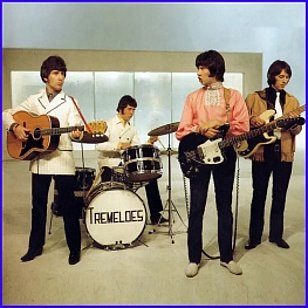
When the Beatles broke through in 1963 there were any number of other groups poised to ride in their wake.
Many of them, in the manner of Fifties artists, put the name of the singer out front: Gerry and the Pacemakers, Freddie and the Dreamers, Wayne Fontana and the Mindbenders, Derry and the Seniors (in '61 the first Liverpool band to record an album) and others, like . . .
Brian Poole and the Tremeloes from Dagenham in East London.
Of them all, Poole/Tremeloes would seem to have the best shot at stardom, aside from Gerry and his band who had the cachet of being from Liverpool and Brian Epstein management.
But Poole and the Tremeloes had been signed by Decca at the same time as the Beatles had failed their edition for the label . . . which rather gives the lie to the story that the label's Dick Rowe told Epstein “groups with guitars are on their way out”.
Poole and the Tremeloes had, like their peers, been around the traps playing a fairly standard repertoire: Buddy Holly songs, Twist and Shout (recorded before the Beatles' version but released four months after), Do You Love Me (which was their first number one in 1963) . . .
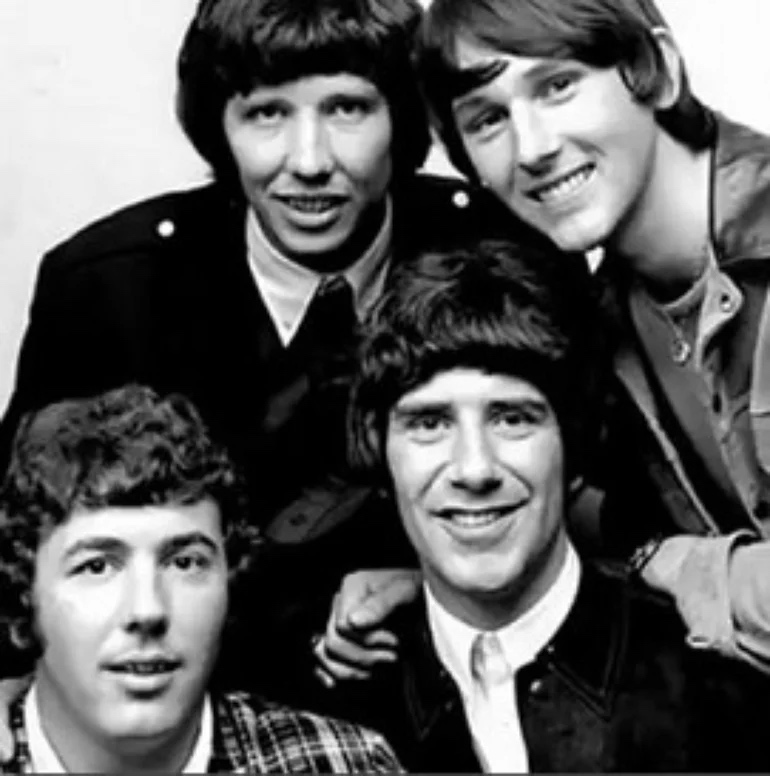 They were good but nothing special. Then an odd thing happened.
They were good but nothing special. Then an odd thing happened.
Poole (like Wayne Fontana) was seduced into a solo career in 1966 which he pursued with little success – within a year or so he was working as a butcher – and, unexpectedly, the band he left behind went on to great pop success.
There were a couple of false-start singles by the Tremeloes but they were smart enough to pick interesting covers, notably the Beatles' Good Day Sunshine.
Where many other groups had found a formula and stuck with it, the Tremeloes – growing out their Beat-era hair and ditching the suits – were casting around for new and different sounds.
And they had four singers to work on harmonies or in unison.
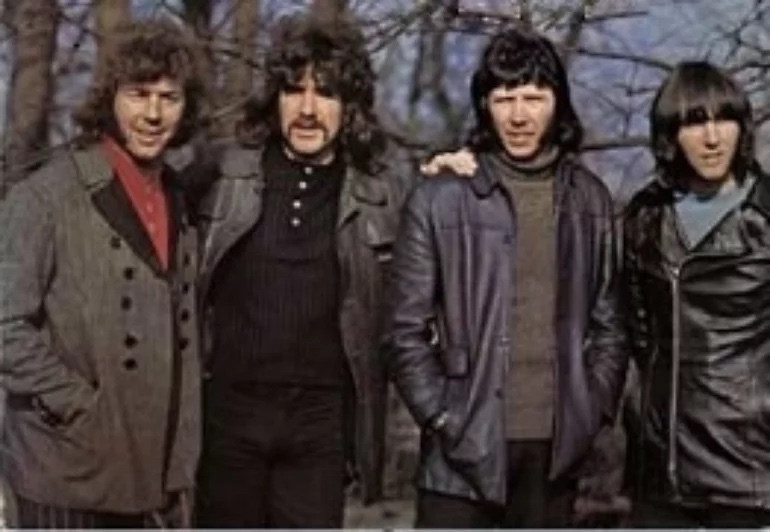 What they didn't have however was a productive in-house songwriting team like Lennon-McCartney, Jagger-Richards and others.
What they didn't have however was a productive in-house songwriting team like Lennon-McCartney, Jagger-Richards and others.
But their choice of material – more pop than rock – got them onto the singles charts, although none of their albums breached the British top 10 (most didn't chart at all), despite the clout of their new label CBS.
Their audience was a younger generation of singles-driven teenagers whose older siblings had grown up with – and grown with – the fast-moving, album-orientated Beatles.
And when the Beatles entered their psychedelic era in 1967, the Tremeloes were there holding down decent pop on the charts with a series of astute covers: Cat Stevens' Here Comes My Baby, the close-harmony Silence is Golden (a Four Seasons b-side) and Even the Bad Times are good by professional jobbing writers Peter Callander and Mitch Murray. (The latter had written How Do You Do It? which was rejected by the Beatles but a hit for Gerry and the Pacemakers).
And the Tremeloes' hits just kept coming: Suddenly You Love Me (adapted from the Italian original), Helule Helule (a pop song in Swahili which was the closest the Tremeloes came to lightlydelic upbeat pop), My Little Lady (another rewrite of an Italian pop song) and . . .
More.
Right up until Me and My Life in 1970, a slight change of direction written by band members Len Hawkes (father of Chesney, incidentally) and Alan Blakley (who went on to co-produce glam-pop albums for the Rubettes).
After that the Tremeloes' hit-making career stalled and in the Seventies they were left behind, although they still perform today with just one original member.
These days the Tremeloes are just one of that long list of groups who appeared, had hits and then disappeared: they probably take their place alongside Hedgehoppers Anonymous, the Honeycombs, Unit Four Plus Two, Los Bravos and so on.
But this self-titled album pulled from the shelves at random for this on-going column – essentially a greatest hits collection, one of many – does remind you of just how talented they were.
Their version of Good Day Sunshine might be too faithful to the original but they pull it off well, as they do with their mainstream version of Dylan's I Shall Be Released.
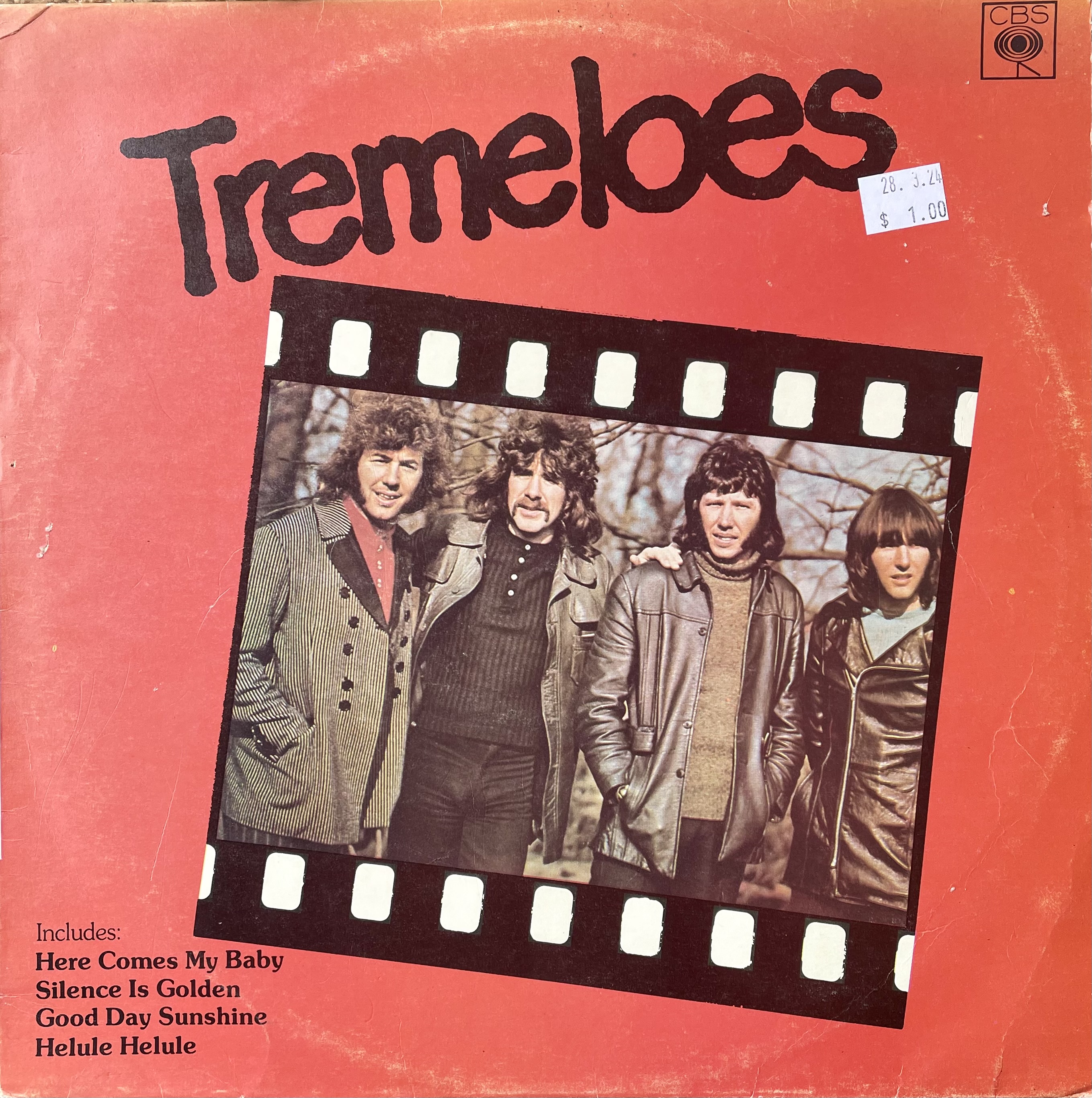 And then there are the radio hits: the irresistibly joyful handclap of Here Comes My Baby (despite the downer lyrics), the delightful Silence is Golden with its harmonies and falsetto, the pub singalong of Even the Bad Times Are Good, the ridiculously catchy Suddenly You Love Me and My Little Lady (the latter a decent stab at a credible Eurovision Song Contest contender) . . .
And then there are the radio hits: the irresistibly joyful handclap of Here Comes My Baby (despite the downer lyrics), the delightful Silence is Golden with its harmonies and falsetto, the pub singalong of Even the Bad Times Are Good, the ridiculously catchy Suddenly You Love Me and My Little Lady (the latter a decent stab at a credible Eurovision Song Contest contender) . . .
The album in hand is clearly a quickly compiled collection when the Seventies arrived and the band were on the slide.
But 12 songs – six of them hits – for just $1 at a hospice shop?
Pop comes cheap.
.
This particular album isn't available at Spotify but any number of similar hits collections are. Try this one
.
Albums considered in this on-going page of essays are pulled from the shelves at random, so we can get the good, the bad or the indifferent from major artists to cult acts and sometimes perverse oddities.

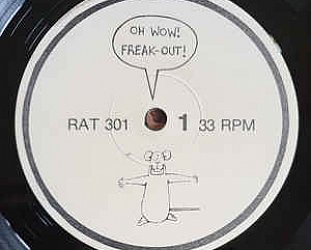
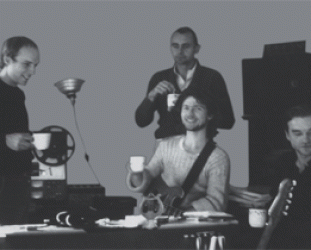


post a comment